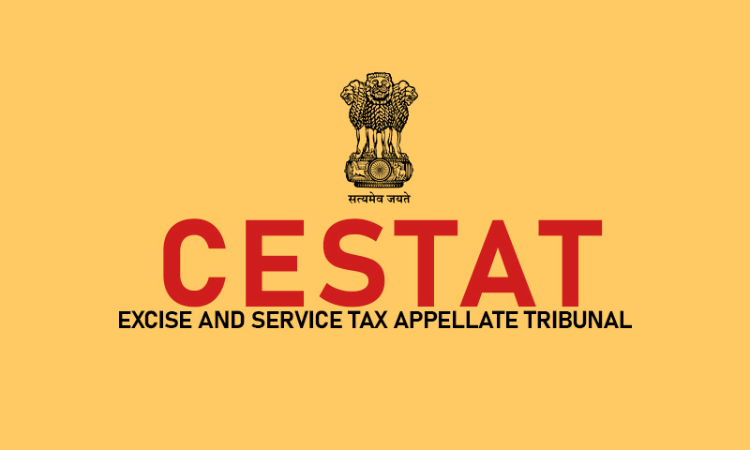The Delhi Bench of the Customs, Excise, and Service Tax Appellate Tribunal (CESTAT) has held that the corporation will not fall within the ambit of Business auxiliary services (BAS) and would, therefore, not be taxable.The bench of Justice Dilip Gupta (President) and Hemambika R. Priya (Technical Member) has observed that if the Corporation was engaged in the sale and purchase of liquor for...

